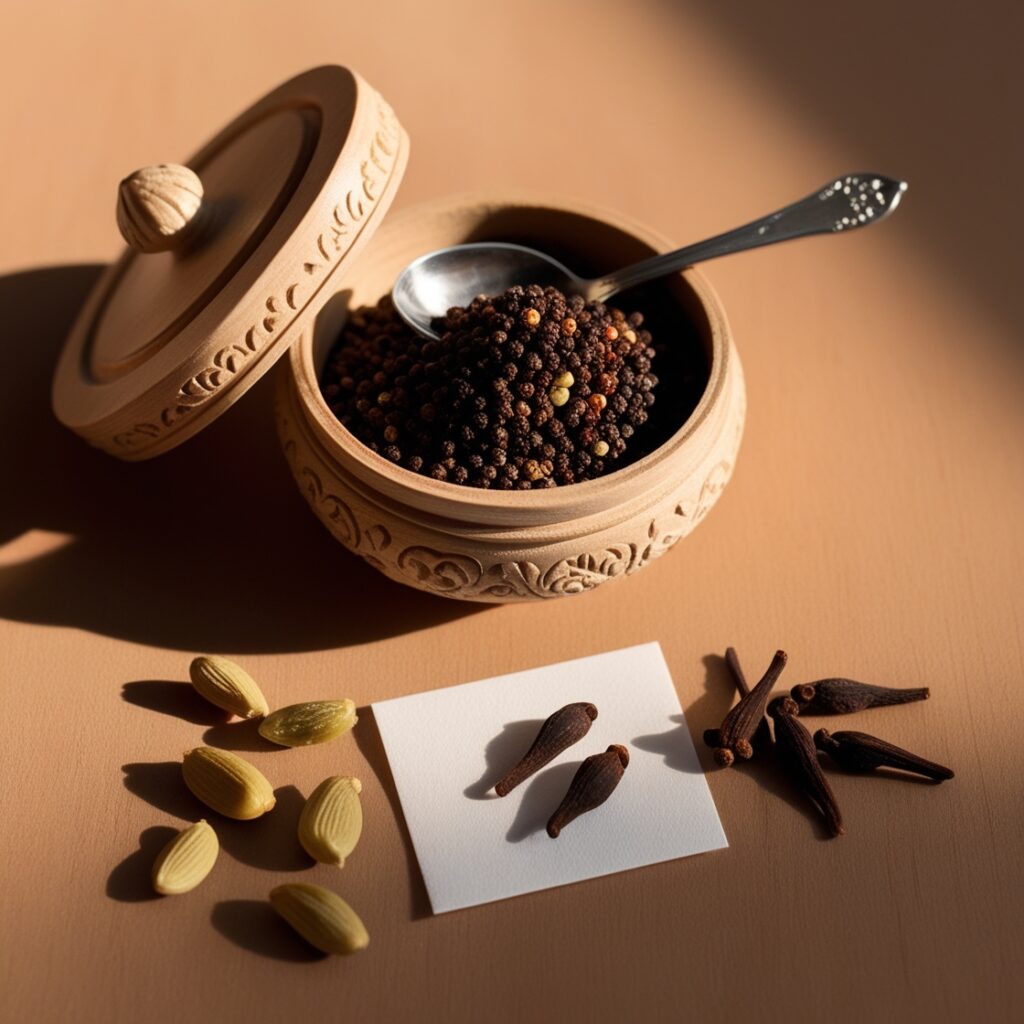Wayanad and Its Spices: A Natural Treasure
Wayanad and Its Spices: A Natural Treasure
Nestled in the lush hills of Kerala, Wayanad is a gem that stands out not only for its breathtaking landscapes but also for its rich bounty of spices. Known as the “Land of Spices,” Wayanad offers a sensory journey through its vibrant plantations, where nature’s treasures flourish amidst the verdant green. Let’s delve into the enchanting world of Wayanad’s spices and explore why this region is a natural treasure.

The Spice Legacy of Wayanad
Wayanad’s history as a spice hub dates back centuries. The region’s fertile soil and favorable climate create an ideal environment for cultivating a variety of spices. Like cardamom, pepper, cloves, and cinnamon have been integral to Wayanad’s culture and economy, playing a crucial role in both local cuisine and international trade.
Cardamom: The Queen of Spices
Among Wayanad’s spice offerings, cardamom stands out as the queen. Known locally as “Elakka,” this aromatic spice is a key player in the region’s trade. Wayanad cardamom is prized for its rich flavor and intense aroma. It is used in everything from traditional Indian sweets and savory dishes to global culinary creations. The cardamom plantations in Wayanad are a sight to behold, with rows of lush green plants producing these treasured pods.
Pepper: The King of Spices
Often referred to as the “King of Spices,” black pepper is another staple of Wayanad’s spice gardens. The region’s peppercorns are renowned for their robust flavor and pungency. Wayanad black pepper, or “Kurumulaku,” is harvested with care and often used to add a fiery kick to dishes. The pepper vines, climbing up tall trees, create a unique and picturesque landscape, reflecting the labor and love invested in their cultivation.
Cloves: The Fragrant Spice
Cloves, known as “Grampu” in Wayanad, are another vital spice from this region. These tiny, aromatic buds are harvested from evergreen trees and are celebrated for their warm, spicy flavor. Wayanad cloves are used in both sweet and savory dishes, as well as in traditional medicine. The clove trees, with their distinctive flower buds, add to the aromatic charm of Wayanad’s spice plantations.

The Sustainable Spice Journey
Wayanad’s spice cultivation is not just about high-quality products; it’s also about sustainability and preserving the environment. Many spice farms in Wayanad follow organic farming practices, avoiding synthetic pesticides and fertilizers. This commitment to sustainability ensures that the spice remain as pure and natural as the land they are grown on.
The Spice Experience
Visiting Wayanad offers more than just a view of plantations. Tourists can immerse themselves in the spice experience by exploring the farms, participating in harvest activities, and learning about traditional spice processing methods. Local markets and spice shops provide a chance to sample and purchase the region’s finest spices, bringing a piece of Wayanad’s aromatic charm back home.
Wayanad is indeed a natural treasure, with its rich tapestry of this adding to its allure. From the regal cardamom and kingly pepper to the fragrant cloves and sweet cinnamon, Wayanad’s spices are a testament to the region’s fertile land and traditional craftsmanship. For those seeking to explore the essence of this enchanting land, Wayanad’s spices offer a flavorful journey through nature’s bounty.


